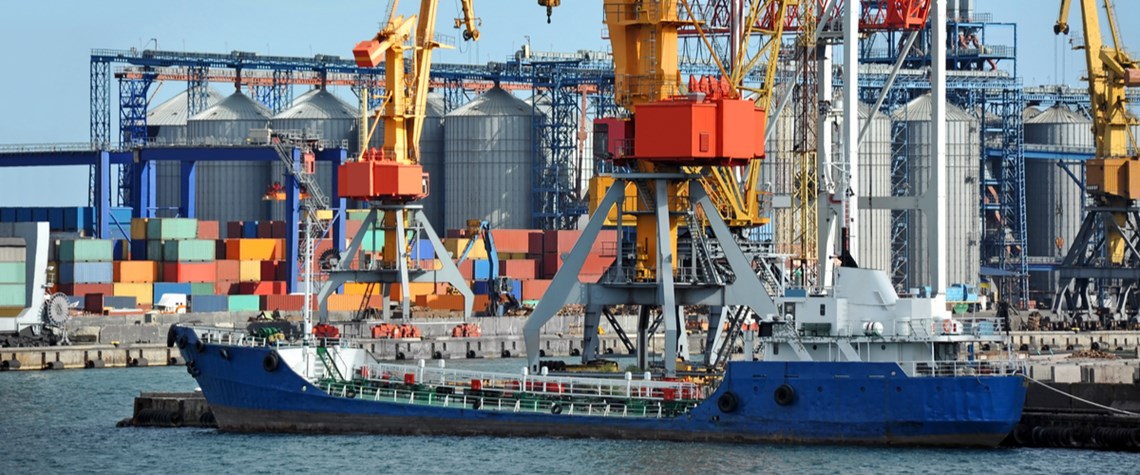IMO alters competing fuels’ price dynamics
Buyers of marine fuels may need to think harder about their decision-making when considering what to put in their vessels
Marine fuel economics fails to look at fuel values critically in terms of their respective energy values. And the pricing methodologies used in bunker fuel purchasing are underestimating these criteria. These were key conclusions in our previous look at the subject, and thus it is worth analysing these statements and looking at the mathematics involved. Such a study should widen the debate as to where fuel prices might go in the future. As a starting point, let us look at the essential difference in energy density of each of the fuels used in marine internal combustion engines (ICEs). Most modern vessels run on slow speed diesel engines, except for LNG carriers, which use boil-off gas to fu

Also in this section
22 July 2025
The gas-hungry sector is set for rapid growth, and oil majors and some of the world’s largest LNG firms are investing in ammonia production and export facilities, though much depends on regulatory support
22 July 2025
Next year’s WPC Energy Congress taking place in April in Riyadh, Saudi Arabia will continue to promote the role of women in the energy sector, with a number of events focusing on the issue.
22 July 2025
Pedro Miras is the serving President of WPC Energy for the current cycle which will culminate with the 25th WPC Energy Congress in Riyadh, Saudi Arabia in April 2026. He has over 30 years of experience in the energy sector, including stints with Repsol and the IEA. Here he talks to Petroleum Economist about the challenges and opportunities the global energy sector currently faces.
17 July 2025
US downstream sector in key state feels the pain of high costs, an environmental squeeze and the effects of broader market trends








